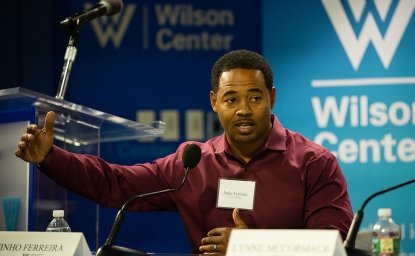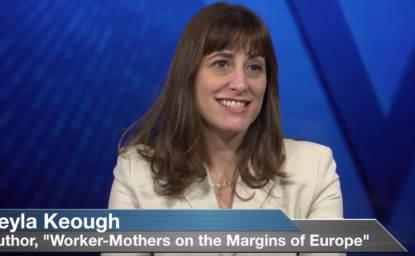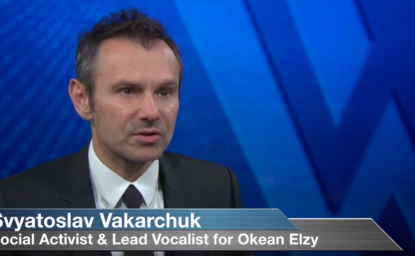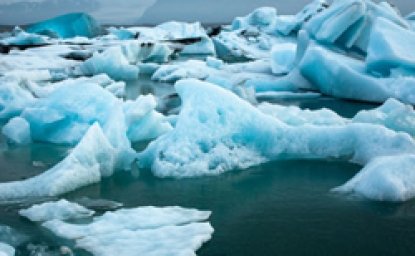In part 2 of our series, “Who Owns The Arctic?” Aki Tonami discusses the prospects for protecting the environment and creating sustainable development as more and more countries turn their attention to the North Pole.
Guests
Aki Tonami is a researcher at the Nordic Institute of Asian Studies (NIAS), University of Copenhagen, Denmark where one of her areas of special interest is the Arctic policies of Japan and other East Asian countries. She received her MA in Environmental Economics at Kyoto University, Japan, and PhD in Environmental Studies from the Graduate School of Global Environmental Studies at Kyoto University in 2008. Prior to joining NIAS, she was a visiting researcher at the Institute for Environmental Studies (IVM) at VU University Amsterdam and a research advisor for the Embassy of Japan in The Netherlands. Other research interests include development aid policy, environmental governance, international relations in Asia, particularly Japan.













